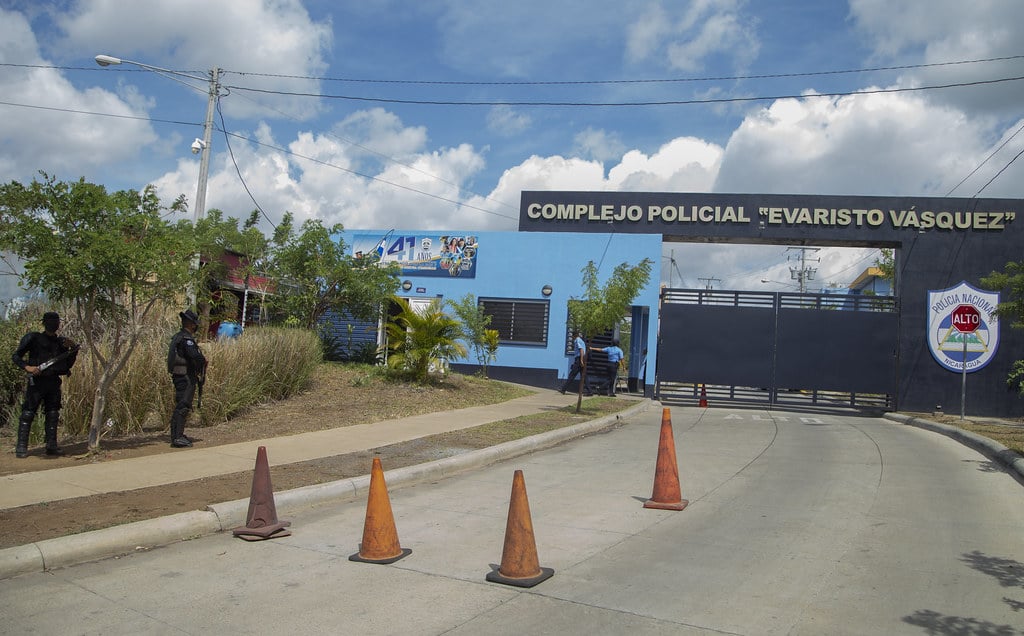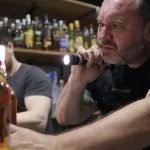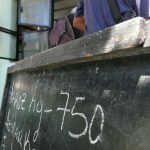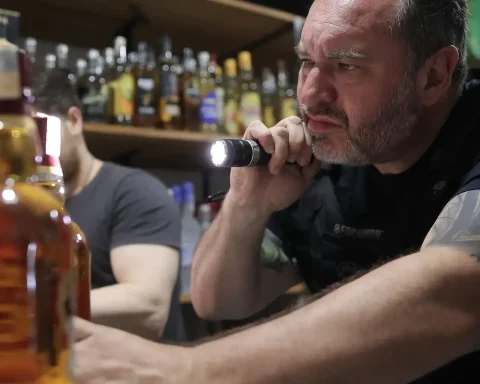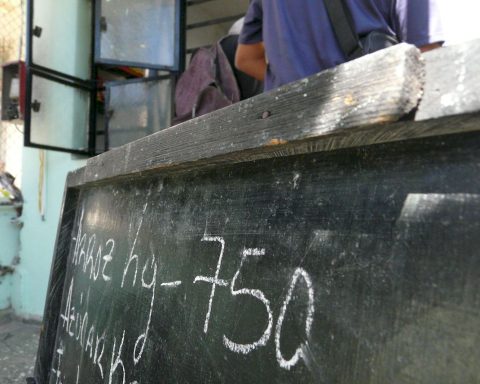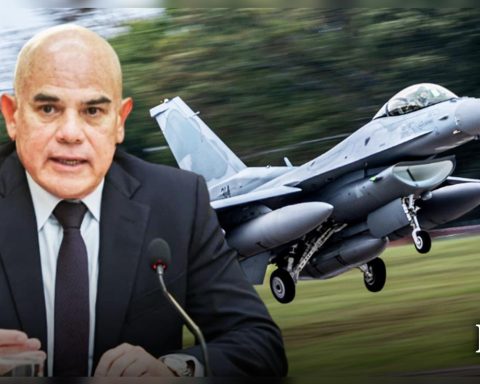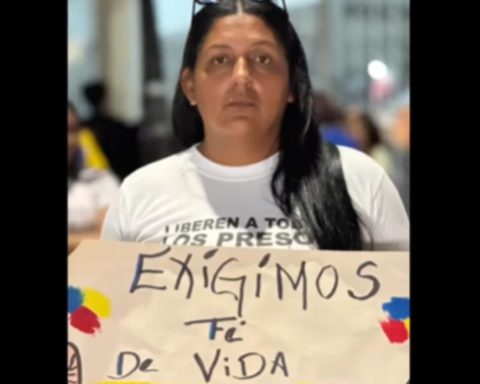Organizations of relatives of political prisoners confirmed that none of the current prisoners of conscience was included among the thousand of convicts who were released on Christmas Eve and that the release of political prisoner Marlon Castellón Ubilla, on December 15, was “a isolated event ”that does not correspond to any pattern.
Castellón Ubilla’s mother and member of the Committee for the Liberation of Political Prisoners and Prisoners, Martha Ubilla, said that her son’s release occurred “as if in secret” because they did not give her any explanation; However, he clarified that at the time his son was released from prison he had three release orders that the authorities of the National Penitentiary System (SPN) had refused to comply with.
Castellón Ubilla was in the prisons of the regime on two occasions. First, on August 25, 2018, he was arrested during the social outbreak, accused of an alleged aggravated robbery and sentenced to five and a half years in prison; but he left under family cohabitation on December 30, 2019. Then, on March 19, 2021, he was arrested for the second time, accused of having stolen a cell phone.
The 26-year-old was part of the group of 167 political prisoners of the Ortega y Murillo regime. Some of them have been locked up since the social outbreak of 2018 and the last 40 were imprisoned in the context of the general elections on November 7, in which Ortega and Murillo were reelected without political competition.
Yaritza Mairena, from the Union of Political Prisoners and Prisoners of Nicaragua (UPPN), confirmed that none of the political prisoners were included in the latest releases of prisoners. On the contrary, the regime has increased the persecution of opponents and the case of Castellón Ubilla “was isolated.”
The releases
Since 2016, the Nicaraguan regime has released a total of 26,386 inmates, according to Vice President Rosario Murillo. This week “there were a thousand people who joined with their relatives, who left the different centers of the Penitentiary System,” he added.
The regime tends to conditionally release prisoners on special dates, like Holy Week, Mother’s Day, the anniversary of the Sandinista revolution or Christmas.
“(Since 2016) this period began to guarantee legal family coexistence benefits to people who, as we said, have made mistakes and are working to recover their lives, in love with the family; 26 386 people, families, have passed into a family coexistence regime ”, affirmed the first lady.
The sum could reach 33,690 inmates if all of those who have benefited since 2014 are included, when the Government began to periodically send those convicted to their homes.
Among the inmates benefited with the family coexistence as of 2016 there are 632 foreigners, according to Murillo.
Political prisoners
According to Murillo, the total of inmates released in all that time includes “those people who some call tranqueros, others call terrorists, others call criminals, but at the end of the day, they also received the generosity of the Nicaraguan people and were put in custody. freedom, and many of them have relapsed because unfortunately the heart costs to clean them.
What Murillo did not say is that those people whom he tries to disqualify with countless epithets, are opponents and critics of his government who were jailed for protesting or for having publicly expressed their intention to run for President.
Relatives of political prisoners are promoting for the fourth consecutive year a campaign called “Christmas without political prisoners or prisoners”, to demand “definitive and guaranteed freedom” of the now 166 prisoners of conscience locked up by the dictatorship.
The campaign will be carried out on this occasion virtually before the police state imposed by the Ortega-Murillo regime.
Feminist groups such as the Network of Women against Violence have shown their dissatisfaction with the release of common prisoners every year, because they consider that this has had a direct impact on the increase in femicides and crime in general in Nicaragua.
